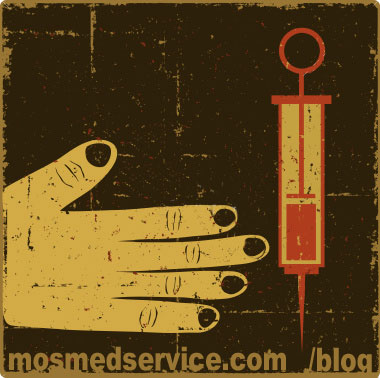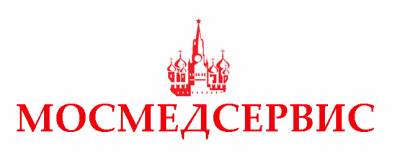Legalization of drugs
 Liberalization of drugs is a term that refers to the elimination of laws
that prohibit the use of drugs. There are several kinds of
liberalization of drugs, but the most common are the decriminalization
of drugs and re-legalization. Re-legalization of drugs - it is a process
that encourages the government to put an end to strengthen the
prohibition of certain substances. This indicator varies from full
legalization, which would have completely removed all restrictions to
the partial legalization, this means that the drug will be available,
but only in a controlled environment.
Liberalization of drugs is a term that refers to the elimination of laws
that prohibit the use of drugs. There are several kinds of
liberalization of drugs, but the most common are the decriminalization
of drugs and re-legalization. Re-legalization of drugs - it is a process
that encourages the government to put an end to strengthen the
prohibition of certain substances. This indicator varies from full
legalization, which would have completely removed all restrictions to
the partial legalization, this means that the drug will be available,
but only in a controlled environment.Types of legalization
Controlled legalization may include a mandate labels dosage and restrictions on advertising. May also be imposed age limits, limits on the amount of the purchase, and the requirements to the form of delivery. Some advocates of the partial liberalization also called for a ban on the sale of persons in a drunken state, and licensing. Some drugs have been partially legalized. These include nicotine, alcohol, caffeine and antibiotics.
Full legalization will not include any government regulation. This type of policy, as a rule, proposed by the libertarians, who believe that the government has no right to dictate to people what they should fill your body.
Decriminalization of drugs is a type of their liberalization, which is based on the reduction of control and punishments for drug use. This type of policy is supported by the use of fines instead of imprisonment. Those who are caught on the use of illicit drugs is penalized, but do not receive a criminal record.
The people who supported the liberalization of the drug, a claim that criminalization will lead to an increase of such crimes as theft and murder. In many developing countries, the sale of drugs can ensure the avoidance of poverty. Those who are against liberalization of drugs argue that legalization of drugs would increase their distribution and use, and decrease the performance of the average working class.
Historically, the use of psychoactive drugs were illegal in many countries, with the exception of some cases of religious rites or medical practice. Opponents of the war on drugs generally insist on the mitigation of the laws that regulate the use of marijuana, which is released under the recipe as medicine and psychedelic. Hard drugs such as heroin and cocaine, are generally left alone.
"For" and "against"
Analyzing the arguments "for" and "against" the liberalization of drugs, people learn the rules of other countries. In Canada, for example, cultivation of marijuana is illegal, except in some cases for medical purposes. Brazil has a policy of decriminalization for the past few decades. Drug use is punishable only by a fine, while drug traffickers may be punished by imprisonment.
People used psychedelic drugs from time immemorial. Liberalization of drugs seems to be a new trend, but how far will the government, eliminating laws pertaining to drugs?

